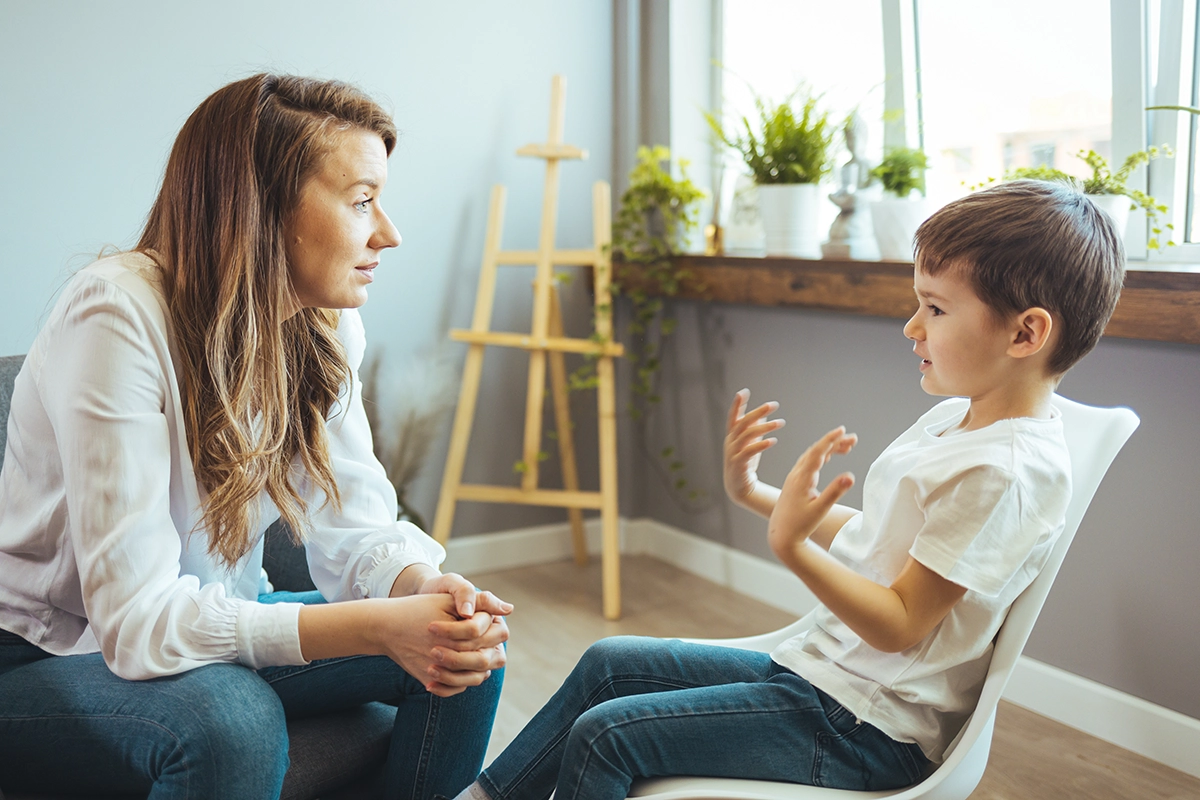-
Industry
SolutionsIndustry
SolutionsTeam with a technology partner that delivers across all industries.
Read more about industry solutions -
Software
SolutionsSoftware
SolutionsLearn how to optimise your business processes to save time and increase productivity.
Read more about software solutions -
Services
-
Products
Products
Feel confident knowing your technology will deliver reliability and longevity as you move forward.
Read more about productsMultifunctionEnhance your operational and financial performance with Toshiba's award-winning range.
Read more about multifunction Software
SoftwareSave money, better manage documents, secure critical information and improve efficiency.
Read more about software Pre-Owned MFDs
Pre-Owned MFDsQuality pre-owned A3 Multi-Function Devices (MFDs) fully refurbished by master manufacturer-trained technicians.
Read more about refurbished MFD Barcode Printer
Barcode PrinterToshiba Auto-ID, Barcode and Label printers are the perfect solution for everyday business.
Read more about barcode printer Printers
PrintersDesigned to deliver power and performance to small businesses and workgroups.
Read more about printers Interactive Flat Panels
Interactive Flat PanelsCreate inspired learning and smarter corporate collaboration
Read more about IFPs
-
Support
Support
We are here to help! Discover and access information about your Toshiba products or simply contact us for priority service.
Read more about support -
Company
Company
Toshiba is the world's most trusted provider of industry-targeted solutions that help increase the value of ideas and information.
Read more about company
by Brianna McDonald - The Care Co
 We’re setting the record straight—mental health isn't an adult-only issue. With more evidence coming out each year showing the effects of poor childhood mental health (both now and into the future!) it’s just as important that we work to proactively set our kids up for success–and arm them with the skills they will need to lead a flourishing, healthy life.
We’re setting the record straight—mental health isn't an adult-only issue. With more evidence coming out each year showing the effects of poor childhood mental health (both now and into the future!) it’s just as important that we work to proactively set our kids up for success–and arm them with the skills they will need to lead a flourishing, healthy life.
If you’re interested in starting to chat to your kids, students, or clients about mental health, we’ve written up this handy blog that dives into talking to kids about social-emotional health and wellbeing. First highlighting why it’s so important to talk with young children about mental health from day one, we’ll also share some easy tips and strategies you can action today to introduce your students to this fundamental life skill.
Why We Need to Talk to Kids About Mental Health
For parents, teachers, physicians, and other adults who work with children, knowing how to start (and keep the conversation going!) about mental health may be one of the most pivotal opportunities you can offer you students and kids. How so?The Care Co shares easy first steps to support kids social-emotional development.
With mental health challenges in young people on the rise, it’s more important than ever that we’re equipping kids with the vocabulary and a safe space to share their thoughts, feelings, and experiences–and introduce them to tangible skills they can practice to manage the same.
Knowing that mental health awareness and management is key to our wellbeing both today and for the rest of our lives, we encourage introducing young people to mental health conversations with the same ease and informality as you would the common cold!
Here’s why:
Kids need to be made aware of the factors that can lead to or show signs of mental health challenges before they can share them. The same way children learn about physical pain, bumps, bruises, and bellyaches, we can talk to kids about emotions, feelings, and experiences that don’t make us feel our best.
Increased vocabulary: this isn’t literacy 101–but it’s much easier to tell an adult if something doesn’t feel good, right, or feels wrong if we have more words to express ourselves with. Where do these added words come from? Conversation, of course!
Learning to openly share: thoughts, feelings, and experiences–whether they are ‘good’ or ‘bad’. Speaking for both themselves, their siblings, and classmates, kids who are encouraged to openly share and discuss all feelings and experiences are better positioned to tell a trusted adult when something is ‘wrong’ with themselves or a peer.
Sound good? Read on for tips about how to talk to young people about mental health and other ways you can start to teach great social-emotional skills.The Art of Conversation: Tips for Talking About Mental Health
Talking to young kids about mental health doesn't need to be complex or overwhelming. In fact, it can be a nurturing and bonding experience. Here are some of our top tips for making these conversations as smooth as possible:Use age-appropriate language and resources: Keep your explanations simple and clear. You can use metaphors, stories, or examples that kids can relate to–for example, sharing a story about how you felt frustrated at work today and what you did after or reading a book about a main character who struggles with feeling stressed.
Listen without judgement: Encourage kids to share their feelings, thoughts, and experience openly–resisting the temptation to label any feeling as ‘good’ or ‘bad’. Instead, kids will learn that people can feel a wide range of emotions and that all of those feelings can be shared.
Start the conversation. If kids aren’t yet in the habit of sharing their thoughts and feelings, start the conversation about your own emotions and how you’re feeling after a specific experience. Connect your feelings (happiness) with the experience (watching a movie together); likewise, you can openly talk about more challenging emotions like kickstarting a chat about frustration after dropping an egg. Encourage your kids to reflect on a time they felt a specific way after an event.Bringing in More Mental Health Management Skills
Learning to identify, connect, and openly discuss their feelings and emotions is an important step for kids to take. Children who talk about mental health with a trusted adult from an early age are offered the opportunity to develop a comfortable and non-stigmatised relationship with their feelings and mental health–which is a great lifelong skill to have.The Care Co suggest tips for starting to talk to kids about mental health.
If you’re ready to start encouraging more social-emotional health awareness and skills into your lesson plans or home, here are some great next steps to help kids learn to manage their
De-escalation techniques: Regardless of our age, we all feel big emotions at times. All children can learn tricks, habits, and routines they can turn to that help them ‘calm down’ or regulate after a stressful or disruptive event. What works for one child may not be the same for another, so it’s important to work with each student to identify what they find calming and develop an exercise around it that they can turn to when in need.
Identify trusted adults: Whether it’s parents and guardians in the home, a teacher, support worker, or otherwise, explicitly discuss and identify safe adults that a child can turn to when they need to share challenging feelings or experiences. While no one adult wants to witness a child struggle with their wellbeing, sharing and discussion is the first step to getting the support they need.
Regular mental health awareness and routines: Kids learn best with routine, stability, and consistency. (Same!) Particularly important for young people with adverse experiences, an ongoing awareness and participation in mental health discussions, skill practicing, and habits creates consistency and expectation. Much like other key subject areas, social-emotional literacy can and should be a regularly visited topic–instead of introducing it once and moving on.
The Journey Begins with a Single Step
Early conversations about mental health are crucial for normalising the act of sharing our thoughts and feelings–no matter whether we feel like they’re ‘good’ or ‘bad’. Instead of labelling emotions, talk to your kids, students, and clients about the feelings you have throughout the day (both positive and negative) to begin a regular dialogue.Regular sharing, identifying tactics we can turn to when dealing with difficult emotions, and knowing who we can chat to is a strong basis for every person’s mental health. Whether you’re in the home or working in a school, using age-appropriate words, stories, and exercises is a great way to start encouraging supportive mental health skills.
The Care Co is a social-emotional literacy softwares for K-6 schools.
